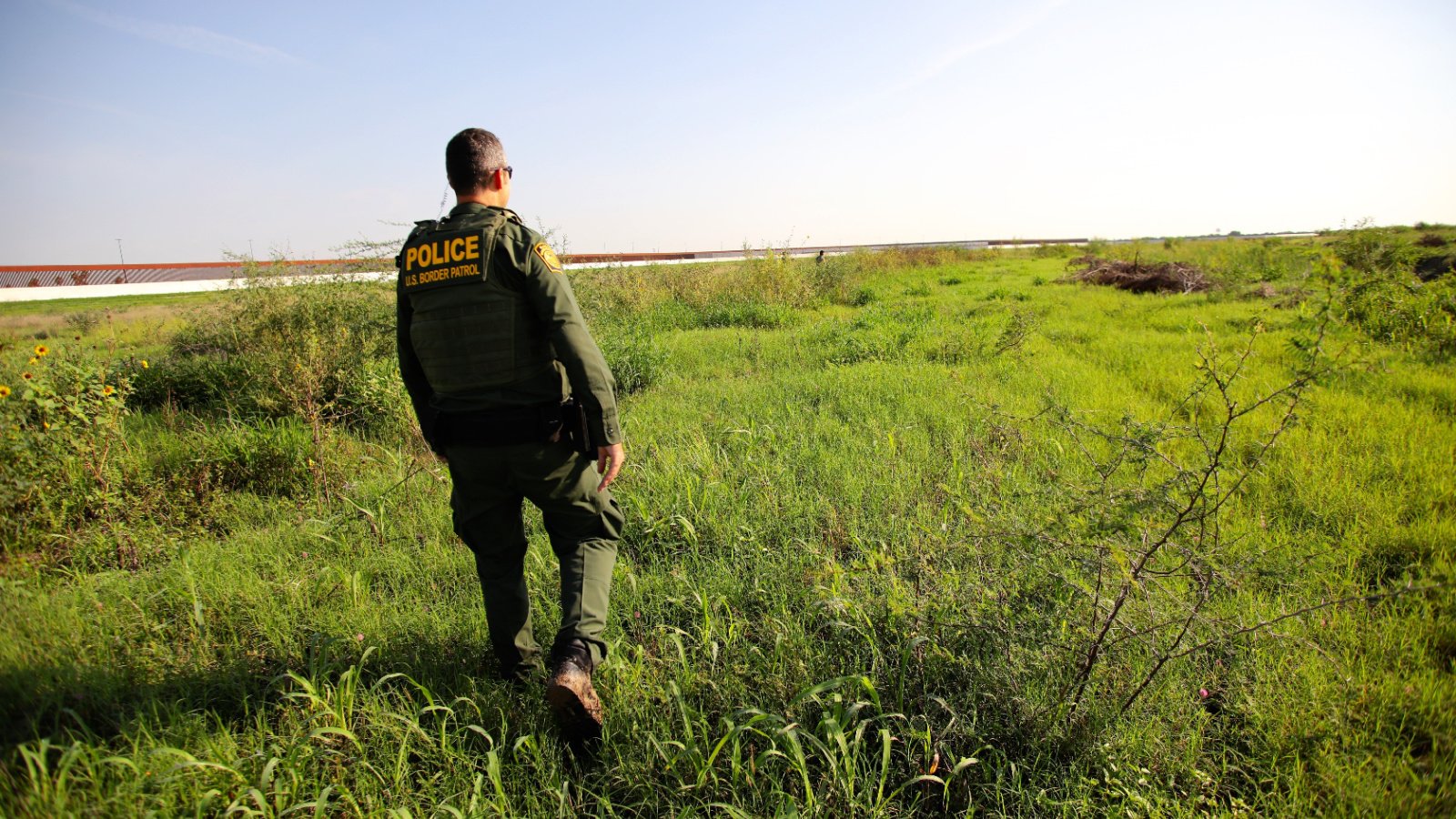Moving abroad represents adventure and new beginnings, but many American expats encounter unexpected challenges that can complicate their dreams of living overseas.
Attempting to deal with different legal systems and adjusting to new cultural norms, for example, these complexities are more often misunderstood until faced head-on.
Let’s examine the lesser-known aspects of moving abroad that Americans tend to overlook before taking the plunge into expatriate life. Being equipped with this knowledge can better prepare expats for the realities of residing in a foreign country, ensuring a smoother transition.
Tax Obligations

Many American expats are surprised to learn that the United States taxes its citizens on worldwide income. This means that even if you live and work abroad, you may still need to file U.S. tax returns and potentially pay taxes. Navigating the tax treaty between the U.S. and your new country is essential to avoid double taxation.
Healthcare Differences

The quality and cost of healthcare can vary dramatically from one country to another. American expats often assume healthcare abroad will be as accessible and comprehensive as back home, which isn’t always the case. It’s crucial to research healthcare systems in the destination country and consider health insurance options that cover expats.
Cultural Adjustments

Adjusting to a new culture can be more challenging than many Americans anticipate. From language barriers to different social etiquettes, the cultural shock can lead to feelings of isolation or frustration. Being open to new customs and making a concerted effort to integrate can help mitigate these feelings.
Banking and Finance

Accessing money might not be straightforward when you move abroad. Setting up a bank account can be complicated without a local credit history, and not all foreign banks accept American clients due to FATCA regulations. Expats should set up international banking and credit facilities before they move.
Emergency Exits

In the excitement of moving abroad, it’s easy to overlook the need for an emergency exit plan. Political instability, natural disasters, or personal emergencies can necessitate a quick departure. Having a plan and savings specifically for emergency exit purposes is a wise precaution.
Long-Term Residency and Visas

Visa and residency regulations can be complex and vary widely between countries. Some American expats do not fully investigate these rules before leaving and can face issues when trying to extend their stay. Understanding the long-term residency requirements and renewal processes is critical.
Local Laws and Regulations

Local laws may differ significantly from those in the U.S., and ignorance is not a viable defense. From driving laws to restrictions on speech, it’s important to familiarize yourself with the legal landscape of your new home. This includes understanding the consequences of breaking the law, which can be severe.
Cost of Living Adjustments

While some move abroad expecting a lower cost of living, this isn’t always the case. Cities like London, Paris, and Sydney can be significantly more expensive than many U.S. cities. A detailed budget based on realistic local costs should be prepared to avoid financial strain.
Property Ownership Challenges

Buying property in a foreign country can come with unexpected challenges. Legal systems and property rights might be vastly different, and in some places, foreigners are restricted from buying property altogether. It’s essential to research thoroughly and consider legal consultation.
International Schooling

For those with children, the quality and style of education available can be a major concern. International schools can vary in terms of curriculum, recognition of qualifications, and cost. Planning for children’s education should be a priority in the relocation process.
Language Barriers

Not being fluent in the local language can restrict job opportunities and social integration. While English is widely spoken in many parts of the world, daily nuances and bureaucratic processes often require local language skills. Taking language courses before and after moving can be incredibly beneficial.
Retirement Planning

Retirement planning from abroad can be complex. Different countries have different rules about pension contributions and withdrawals, and these may not align with U.S. regulations. American expats need to make careful plans regarding their retirement savings and pensions.
Work Culture Shock

Workplace norms and behaviors can differ drastically across cultures. What’s considered polite or proactive in the U.S. might be seen as rude or aggressive elsewhere, and vice versa. Understanding and adapting to a new work culture is crucial for professional success.
Electrical Issues

The voltage and plug types used in appliances vary around the world. Americans moving abroad might find that their electronics are incompatible with local systems. Investing in appropriate adapters or purchasing local appliances can save a lot of hassle.
Driving Licenses and Requirements

Driving rules and licensing requirements aren’t uniform worldwide. American driver’s licenses are not always valid in other countries, and some places require an international driving permit or a test. Researching and preparing for local driving laws is necessary to avoid legal trouble.
Social Security Benefits

Understanding how living abroad affects your U.S. Social Security benefits are important. In some cases, moving overseas can impact the benefits you’re eligible to receive. Checking with the Social Security Administration before you leave is advisable.
Import Restrictions

Countries have strict rules about what can be brought across their borders, including food, plants, and medication. Americans moving abroad may find that items they rely on are not easily available or are illegal to import. Researching these restrictions can prevent legal issues and personal inconvenience.
Loneliness and Isolation

The excitement of a new environment can eventually give way to feelings of isolation, especially if family and friends are far away. Building a new support network takes time and effort. Expats should actively seek community groups and social connections in their new locale.
Environmental Adjustments

Adapting to a new climate can impact your health and lifestyle. From extreme heat to increased humidity, environmental factors can affect comfort and require adjustments in daily routines. Being prepared for these changes can help you settle in more comfortably.
Time Zone Challenges

Living in a different time zone can affect more than just your sleep schedule—it can complicate communication with friends, family, and business associates in the U.S. Planning interactions and managing expectations around availability can help maintain relationships and business dealings.
Cultural Sensitivity

It’s easy to inadvertently offend a new culture by not understanding local customs and sensitivities. What’s considered a harmless joke or gesture in the U.S. might be offensive elsewhere. Learning about and respecting local customs is essential for good relations and personal conduct abroad.








